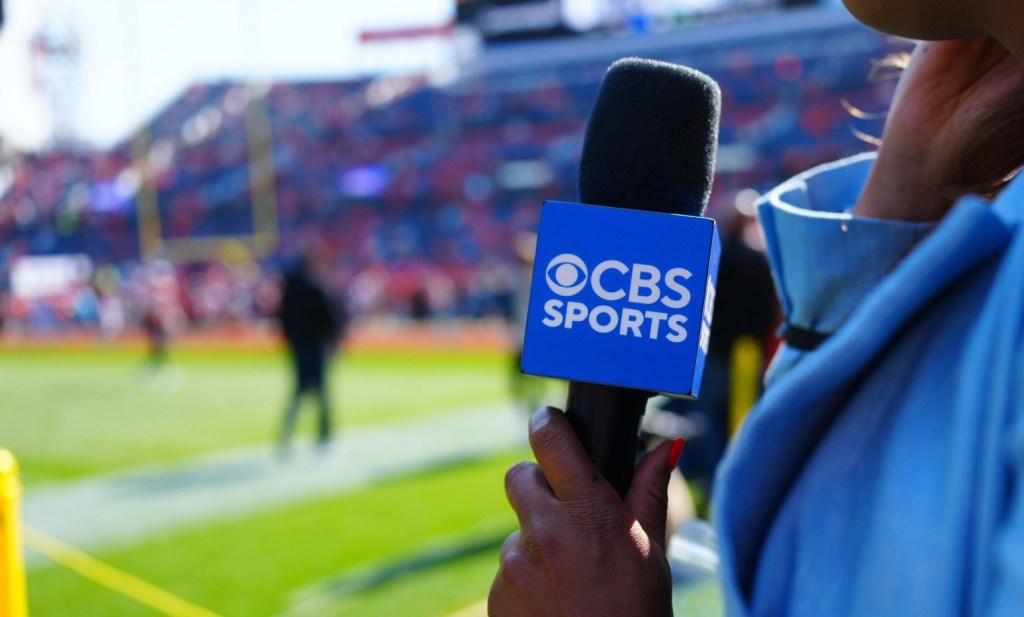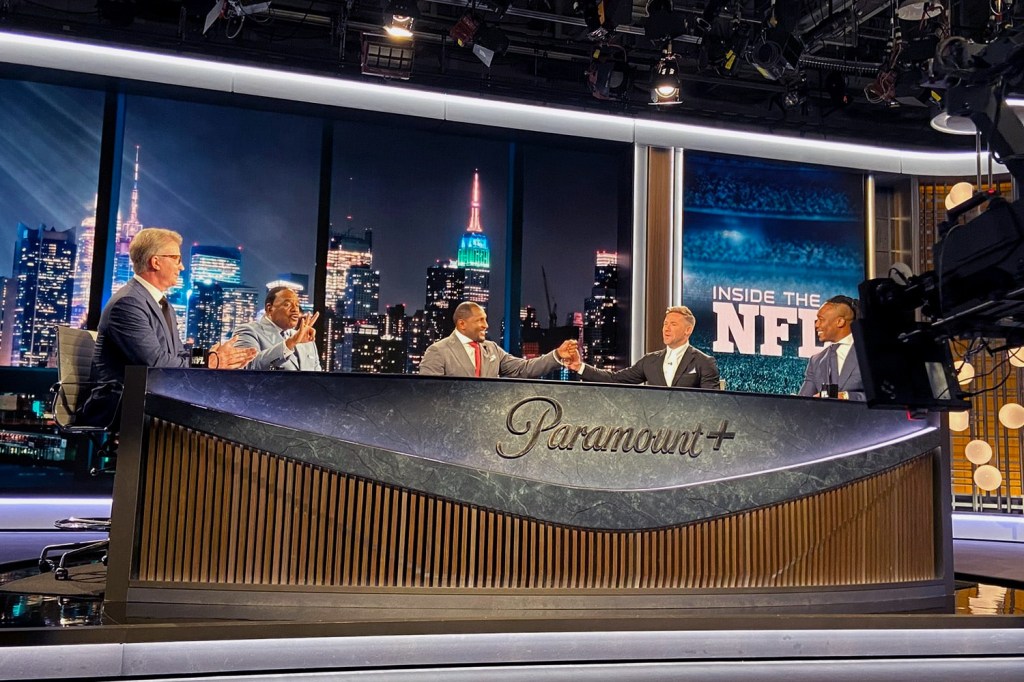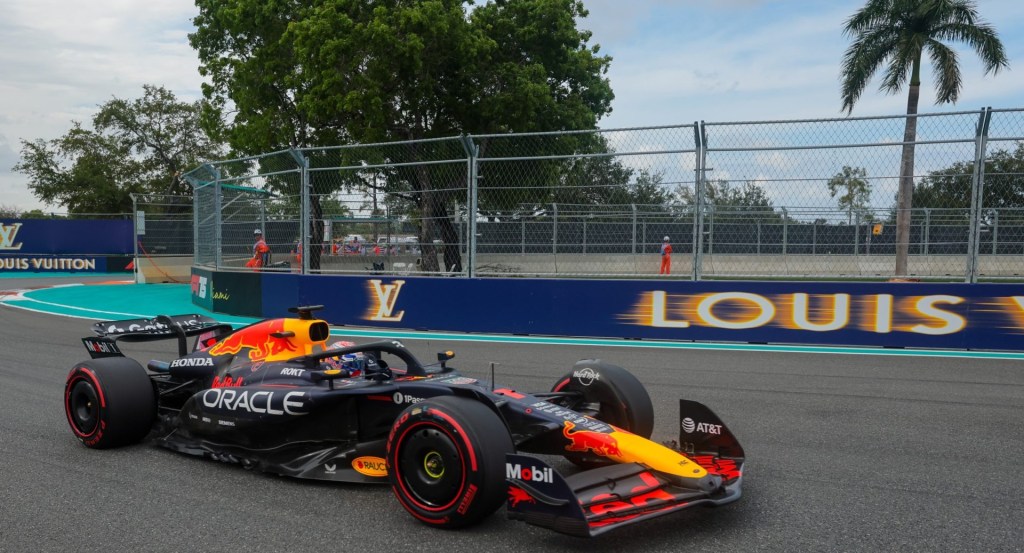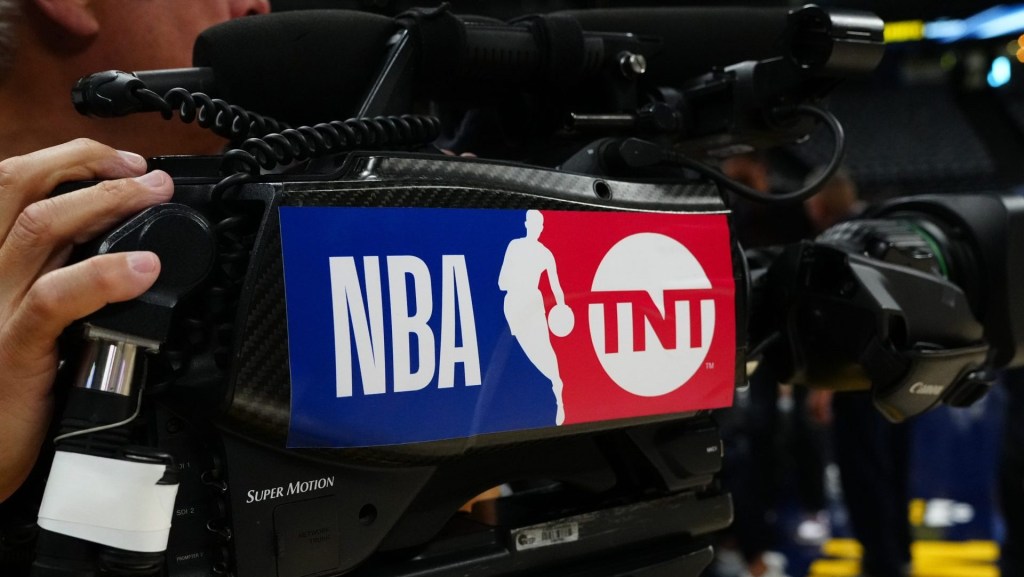It appears to be a given that many NFL players will protest against racial inequality during the playing of the U.S. national anthem and presentation of the American flag during the 2020 season.
The question now is: Will the NFL’s TV partners cover these protests live on the air, or will they cut to commercials and mostly ignore kneeling players as they have the past two seasons?
That strategic question is being debated behind the scenes at NBC Sports, CBS Sports, Fox Sports, and ESPN, said sources.
Providing continuing live coverage and analysis of player protests that have been reignited following the death of George Floyd in police custody would mark an about-face by networks that pay nearly $7 billion annually combined to televise NFL games.
But the story is still way “too big for them to ignore,” warned Jemele Hill, the former ESPN anchor turned contributing writer for The Atlantic.
“Given everything that’s happened this year, they would be journalistically irresponsible not to show them,” said Hill, who also hosts the “Jemele Hill is Unbothered” podcast on Spotify. “They have to make the connection between the unrest and the protesting – and the fact that racism has become the No. 1 emphasis in America right now. There is a heavy interest in seeing how athletes respond at this moment. George Floyd does not have had to have died a week before to make it newsworthy.”
On the other hand, a lot can change in the nearly 10 weeks leading up to NBC’s telecast of the season-opening “Thursday Night Football” game between the Super Bowl champion Kansas City Chiefs and Houston Texas on Sep. 10. With an election coming up in November, President Donald Trump recently tweeted he won’t watch the NFL or U.S. national soccer teams if players kneel during the anthem.
One network TV executive said the networks could correctly argue they traditionally don’t show pregame anthem ceremonies unless it’s a special game such as Opening Night, the NFL Playoffs, or Super Bowl.
But if networks like NBC, CBS, Fox, and ESPN are going to hold themselves up as “news organizations,” they have to cover the coming protests live, that executive said. There will be an increased focus on any protests this year following NFL Commissioner Roger Goodell’s admittance that the league was “wrong” not to listen to the original Colin Kaepernick-inspired player protests about police brutality.
“I would say with Roger Goodell and the NFL itself saying they were wrong to stand in the way of silent protest, I believe that gives the networks the freedom to show kneeling if that takes place – and possibly interview the player later in the locker room,” said the network executive. “I think these are very different times, and change is going to take place. What may not have been acceptable two years ago is now out the window on this topic of equality.”
TV viewership for the three major cable networks – CNN, Fox, and MSNBC – were up strongly across the board in May. Showing the protests could in fact boost TV ratings, predicted marketing consultant Ernest Lupinacci.
“The networks will air the player protests for the same reason they air Donald Trump rallies: It’s a ratings grabber,” Lupinacci said. “Roger Goodell basically said it’s OK to kneel. Kaepernick stood out because he was kneeling. Eventually, he won’t stand out – because everybody will be kneeling.”
If the NFL and networks believe they can suck the oxygen out of the protests by not airing them, they should think again, warned crisis PR expert Mike Paul.
NFL players are already strategizing how to deliver “extra messages” beyond kneeling during the anthem, said Paul, who advises several NFL players.
Some players might write “Kap Was Right” on their arms or wear protest T-shirts during warm-ups, he said. Others are planning social media efforts to explain why they are kneeling as well as additional changes they want to see in the game, such as more African American coaches and general managers in the 32-team league.
READ MORE: ESPN’s New ‘Monday Night Football’ Team Hinges On College Football
“These athletes are more sophisticated than people are giving them credit for. They understand branding and communications. I don’t want to give away the farm. But they are talking,” Paul said. “There are ways to have messages before you kneel. You can tweet. ‘This is what I am kneeling for.’ There are messages you can put out on ESPN and other places in the media before and after. They are becoming much more educated about their options. And I think they’re going to use them.”
To get an expectation for how the TV networks might address this topic this season, it’s illustrative to recall how the NFL and its TV partners handled player protests during the last four seasons.
At first, the NFL’s TV partners covered the protests live and discussed them as a news story on the air. That culminated during the 2017 season when hundreds of NFL players, coaches, and owners such as Jerry Jones of the Dallas Cowboys counter-protested Trump’s criticism of the league.
But the NFL and its corporate sponsors were alarmed when average TV audiences plummeted 8% and 10%, respectively, during the 2016 and 2017 seasons.
While player protests weren’t the main reason for the two-season audience drop, they sharply divided football’s fan base and sparked a nationwide debate.
But as time went on, and Kaepernick remained unsigned, the number of players taking a knee dwindled during the 2019-2019 seasons. TV coverage of the protests subsequently dropped off.
READ MORE: NFL Will Likely Allow Players To Protest During National Anthem
With the protests in the background, and new stars emerging like Patrick Mahomes of the Chiefs and MVP Lamar Jackson of the Baltimore Ravens, the NFL’s TV numbers rebounded over the past two seasons.
Average game audiences grew 5% apiece during the 2018 and 2019 seasons. The league averaged 16.5 million viewers per game during the 2019 season, generating 47 of the top 50 most-watched shows. Fox’s late Sunday afternoon “America’s Game of the Week” was the No. 1 show on TV, while NBC “Sunday Night Football” ranked as the No. 1 show in prime time for a record 9th straight year.
The NFL and TV partners NBC, CBS, Fox, and ESPN all declined to comment for this story.
One option for the networks may be to stay in a commercial break during the live protests, then offer a brief replay later on in the telecast.
While it perhaps may have seemed likely that the networks would skip the protests, nearly a month of national and international protests over police brutality has changed a lot of minds in corporate America, said Paul.
When Kaepernick first took a knee in 2016, he started wearing a lapel pin depicting a kneeling No. 7 with a raised black fist in the shape of his Afro. During business meetings and cocktail parties, other executives asked how he could be so bold.
“Now the same people, white people, ask me, ‘Can you get me one?” Paul said. “That’s how much it has changed. That’s the environment we’re in now.”
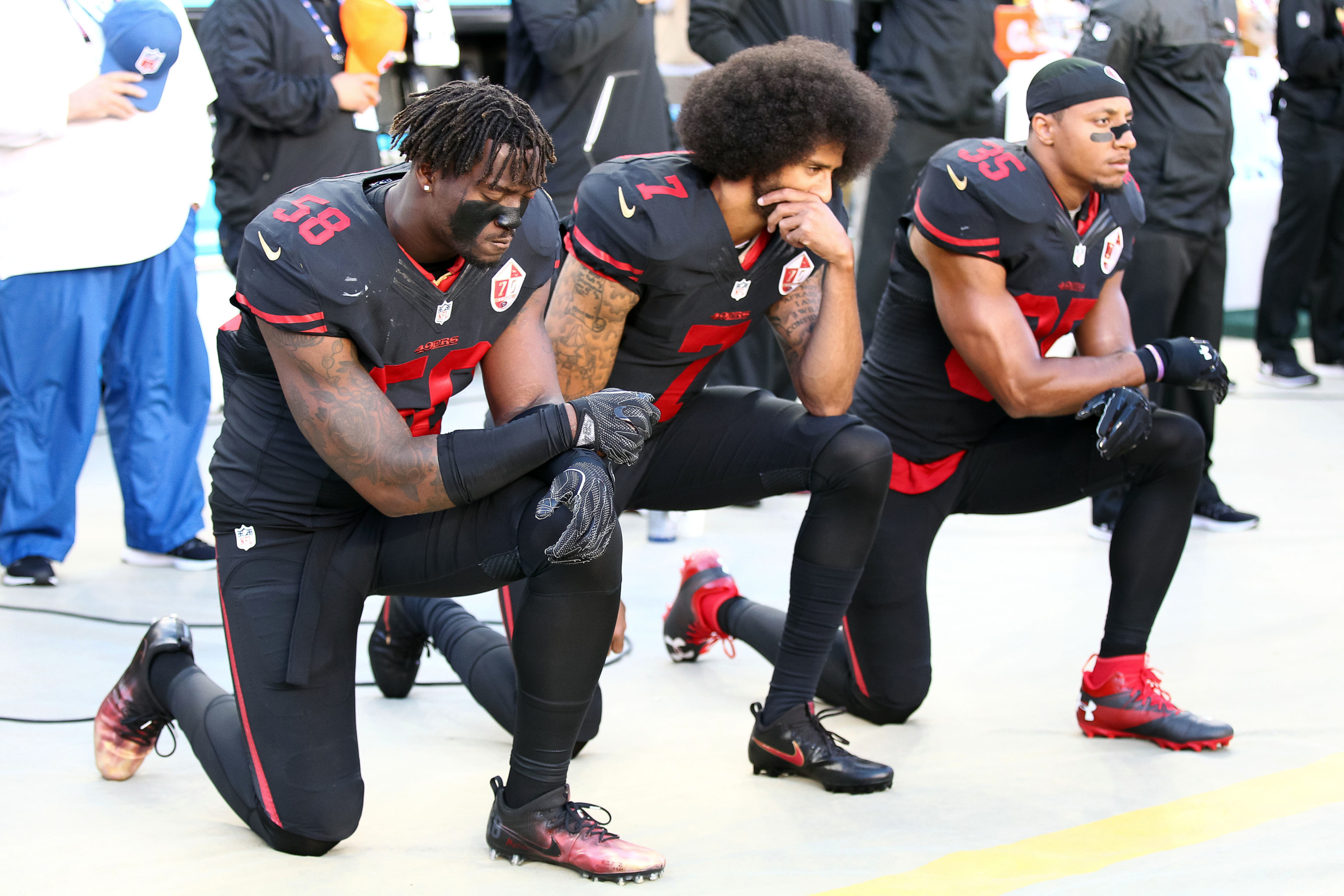
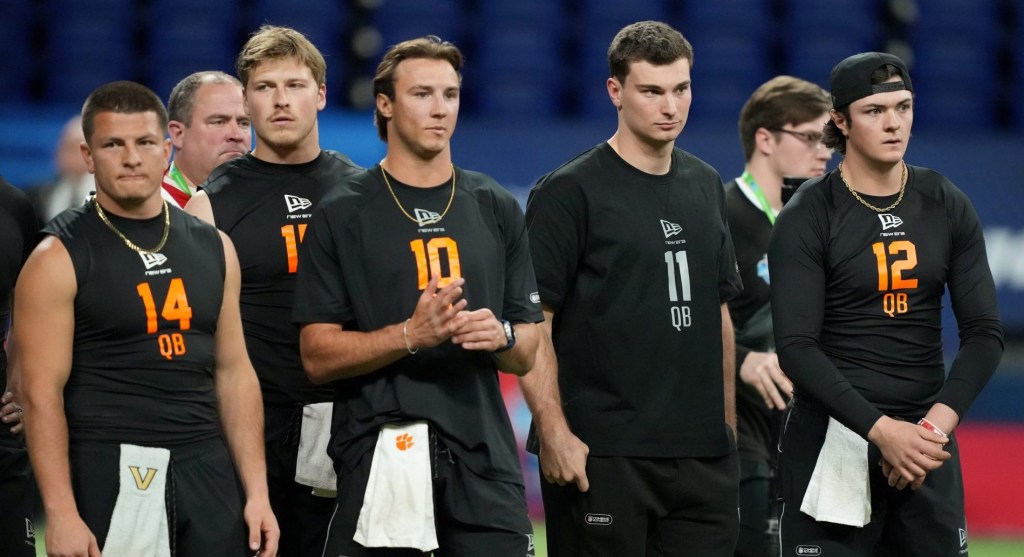
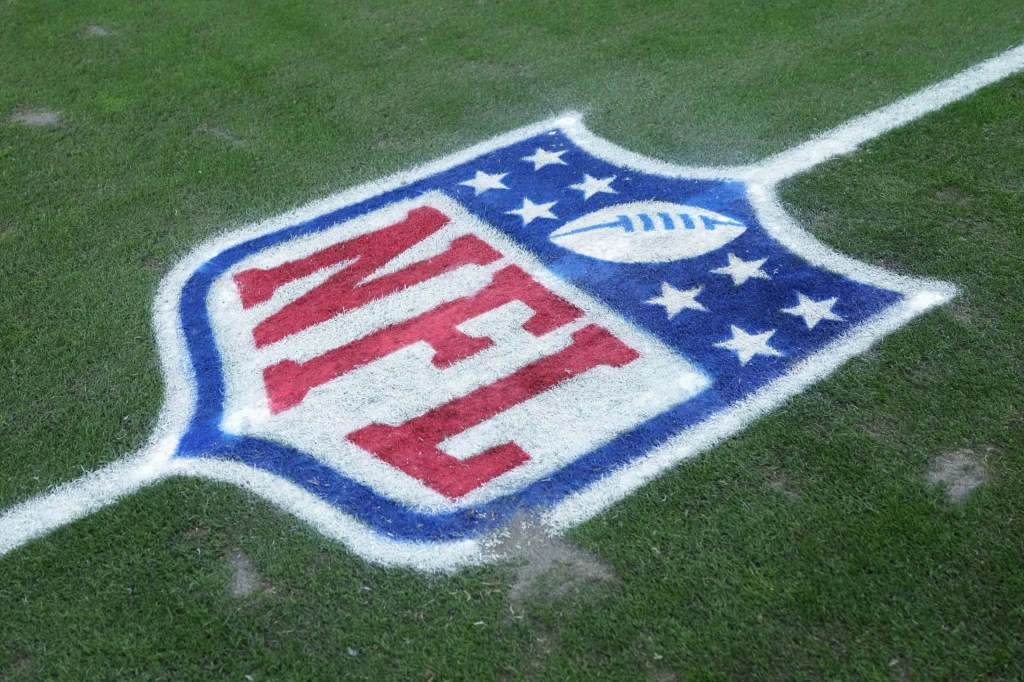
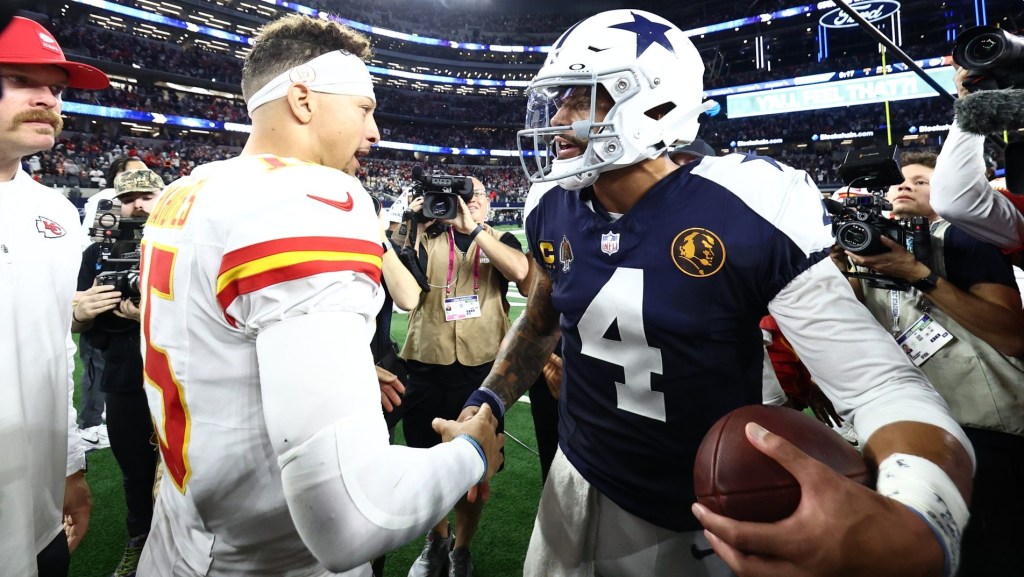


![[Subscription Customers Only] Jun 15, 2025; Seattle, Washington, USA; Botafogo owner John Textor inside the stadium before the match during a group stage match of the 2025 FIFA Club World Cup at Lumen Field.](https://frontofficesports.com/wp-content/uploads/2026/02/USATSI_26465842_168416386_lowres-scaled.jpg?quality=100&w=1024)
![[Subscription Customers Only] Jul 13, 2025; East Rutherford, New Jersey, USA; Chelsea FC midfielder Cole Palmer (10) celebrates winning the final of the 2025 FIFA Club World Cup at MetLife Stadium](https://frontofficesports.com/wp-content/uploads/2026/02/USATSI_26636703-scaled-e1770932227605.jpg?quality=100&w=1024)


